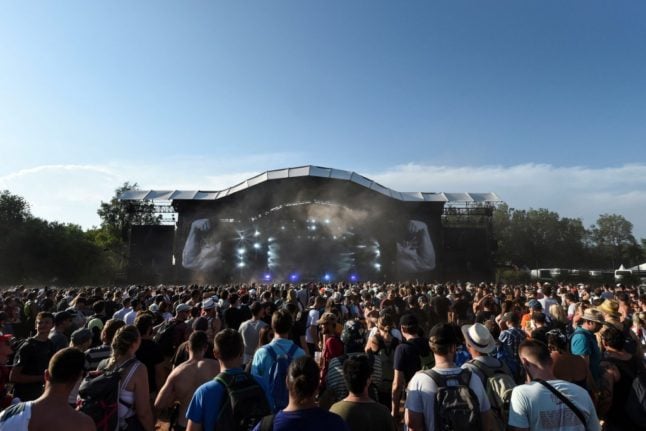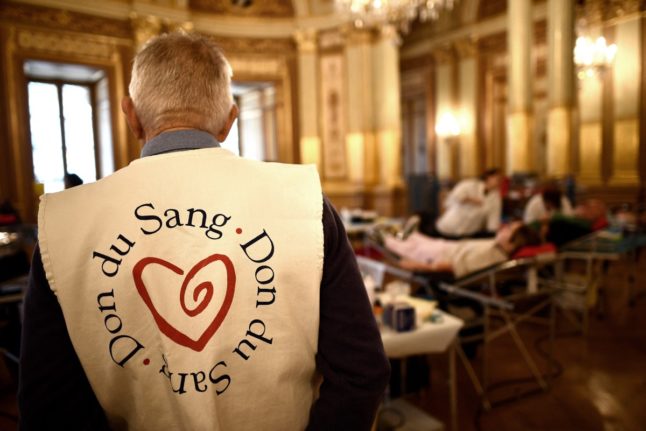The latest cancellation came on Friday from the organisers of Angouleme’s world-renowned comic books festival, due at the end of June.
It joins a raft of casualties that already includes some of Europe’s biggest summer music festivals: Solidays, Hellfest, Garorock, Eurocks, and Lollapalooza in Paris, among others – together accounting for more than one million ticket sales.
The French government has put a limit of 5,000 people on this summer’s events, and they must be seated and socially distanced – not exactly conducive to going wild in a moshpit. Solidays had 228,000 attendees in 2019.
And that was before President Emmanuel Macron announced a third lockdown starting this Saturday as hospitals are inundated with Covid-19 cases and the country struggles to procure and deliver vaccines.
READ ALSO: How to have a traditional French Easter in compliance with health restrictions
The organisers of Eurocks, which hosted 128,000 people in 2019, said the rules were a “straitjacket” and “completely incompatible with the spirit of a lively event”.
“We aren’t denying the pandemic, but what makes us sick to the stomach is that we are cancelling even earlier in 2021 than we did in 2020,” said director Jean-Paul Roland.
Festival organisers have also been unimpressed with the €30 million support package offered by the government, which must be shared between everything from rock and classical festivals to art and street theatre.
“We asked for a parachute to take the leap, and instead they gave us a mattress to land on, and we’re still arguing about how thick it should be,” said Roland, adding that even if the health situation improved rapidly, it would be impossible for big festivals to organise themselves in time.
A handful of events are still holding out in the hope of adapting to the situation.
France’s biggest music get-together, Les Vielles Charrues, which had a 270,000-strong crowd in 2019, and more easily adaptable events such as the Avignon theatre festival and Cannes Film Festival are still hoping to go ahead in July.



 Please whitelist us to continue reading.
Please whitelist us to continue reading.
Member comments